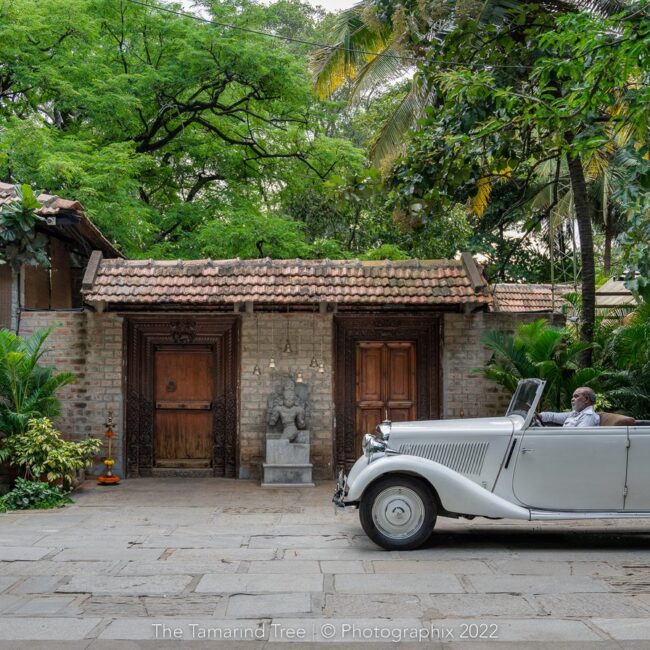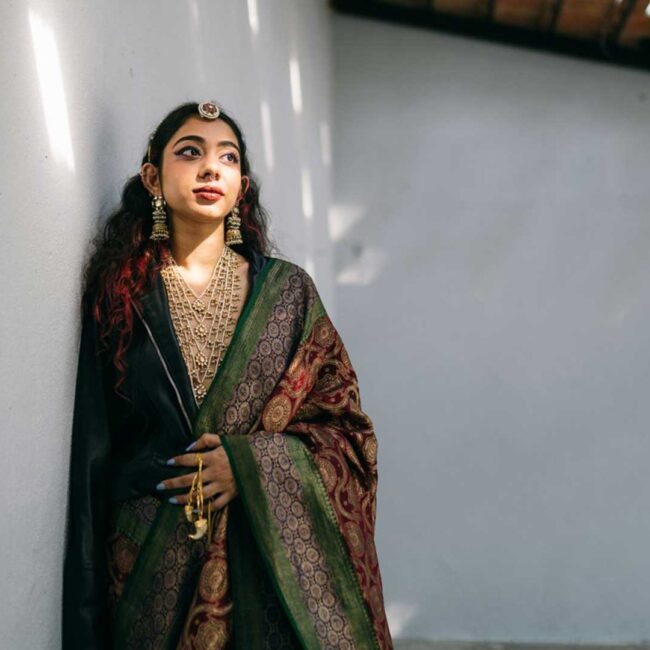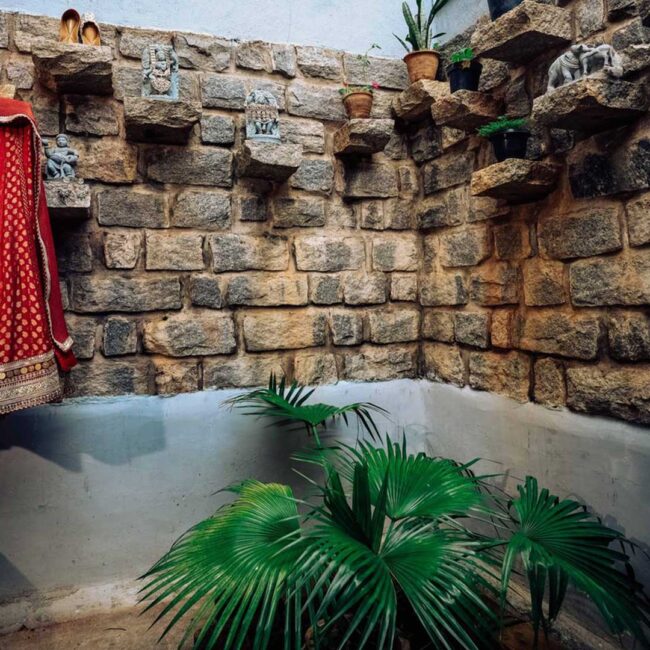Snow White had 7 Dwarfs. Lord Voldemort created 7 Horcruxes. The wonders of the world are 7. There are 7 days a week and 7 continents around the world. But no, these are not the reasons why 7 sits on a pedestal when it comes to weddings.
Through the years, the number has held significance culturally and religiously and hence found its way into traditions during ceremonies. Most of the existing religions have a historical relationship with this number and in one way or another finds itself in most of our weddings.
What Does This Ceremony Signify?
Saptapadi (literally translating to seven steps in Sanskrit) refers to the seven promises of marriage that a bride and groom take with each step. Just like the vows that are said in a Christian ceremony, this is one of the most important rituals in a Hindu wedding.
In recent times, this ceremony has been amplified with a decorated pathway of steps. In some cultures, the same procedure is called the Saat Phere (seven circumambulations) where the couple circles around a sacred fire or Agni. Sometimes it may be even four circumambulations, nevertheless, this ceremony is sacrosanct in any Hindu wedding.
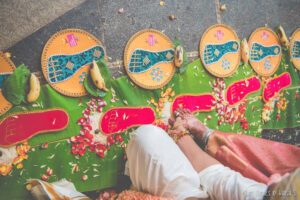
What are the seven Promises in Hindu Weddings?
As the couple takes a step or circle, the priest chants these seven hymns written in the Vedas, each signifying a promise that the couple makes to one another. In the cultures where they follow four circumambulations, each one stands to represent dharma (righteous path), Artha (wealth), Kama (love), and moksha (liberation) which is what the couple aligns their future life with. While the depth behind each Sanskrit hymn is hard to capture, the following brief overview is what each vow stands for.
Vow 1: To respect and honor each other. With the first step that they take, the couple seeks the blessings of the Lord and takes the step with the promise of nourishment forever enriching their lives, focusing on the basic needs of life.
Vow 2: To always support each other with the physical, mental, and spiritual strength needed to lead a healthy life.
Vow 3: To be faithful to each other and wish to lead a wealthy, wisdom-instilled, and prosperous life for themselves and their children.
Vow 4: To satisfy all carnal needs. They vow to stand by each other through thick and thin and thank each other for bringing happiness into each other’s lives.
Vow 5: To bear and raise noble and virtuous progeny. This promise also focuses on all living creatures and the responsibility that the couple has towards everything around them (the universe as a whole).
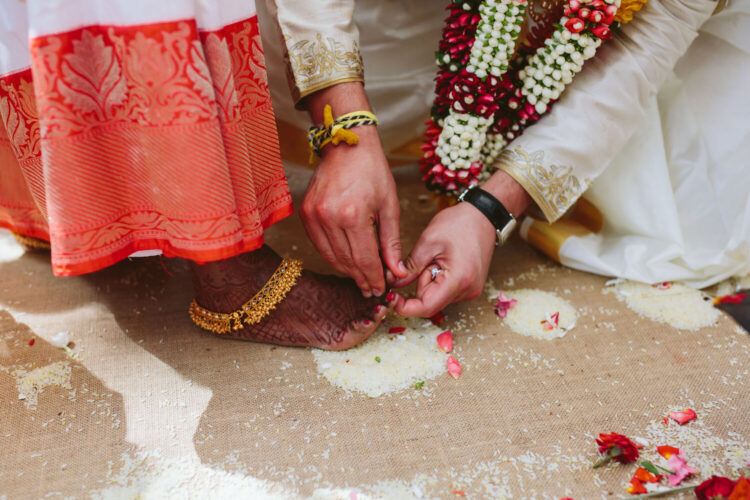
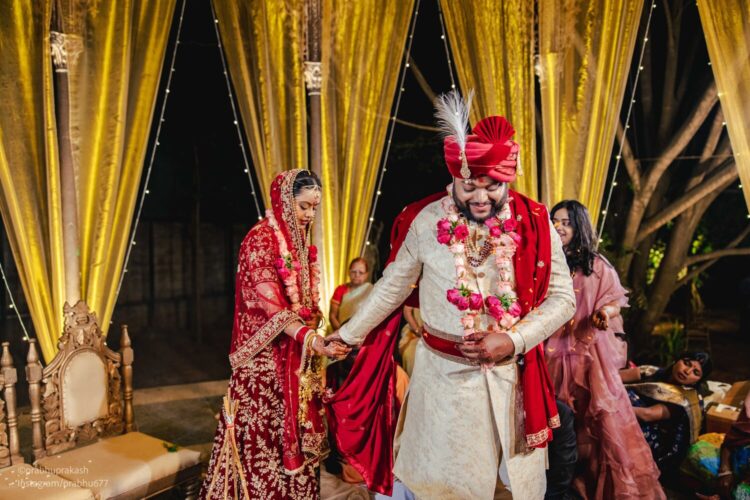
Vow 6: To grow old together. The couple vows to sail through sickness and toast to health and lead long lives filled with peace and prosperity.
Vow 7: To build a life filled with friendship, love, and mutual trust. The seventh and final step is where the couple accepts each other as husband and wife and takes an eternal vow of marriage.
These seven promises are believed to provide a foundation around which strong and eternal relationships are built. Though we have come far along from the Vedic era, all of these hold true when both the bride and the groom promise these to one another as equals.
In our experience as wedding planners and running the best resort for marriage in Bangalore we have seen our couples write vows that are personalized to themselves and their relationships.
Share with us what your seven vows look like and inspire brides and grooms-to-be!


